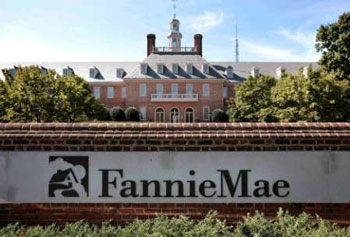Fannie Mae and Freddie Mac recently extended their foreclosure forbearance programs to give short-term aid to unemployed homeowners, but housing counselors warn that these borrowers will need to look at longer-term solutions.
Making sense of the story
- In a forbearance program, a lender agrees not to foreclose on a property and gives the borrower several months’ grace from or reduction in monthly mortgage payments. The programs work best for temporary setbacks, like job loss, health problems, or natural disasters.
- There are drawbacks to the forbearances though. The most-significant drawback is a larger total debt from the smaller payments. The unpaid balance continues to increase during this time.
- The new temporary mortgage payment is often set to 31 percent of the household income; in some cases lenders agree to accept no payments. Fannie Mae’s extended unemployment program, first offered in the fall of 2010, limits any nonpayment or other forbearance plans to one year, with the second six months requiring approval by both Fannie Mae and the lender.
- However, even with the program in place, the lender could still report a mortgage as delinquent, which could adversely affect the borrower’s credit score.
- Because some agreements add onerous term and conditions, homeowners should also consult with a housing counselor certified by the Dept. of Housing and Urban Development.
Related articles
- Fannie Mae Extends Mortgage Relief for the Unemployed (tominvestor.wordpress.com)
- Unemployed Mortgage Holders Get Payment Extension (nytimes.com)
- Freddie, Fannie Expanding Mortgage Forbearance (debbyfrank.wordpress.com)
For all your real estate needs:
Call or email
John J. O’Dell Realtor® GRI
Real Estate Broker
(530) 263-1091
Email jodell@nevadacounty.com
DRE #00669941

